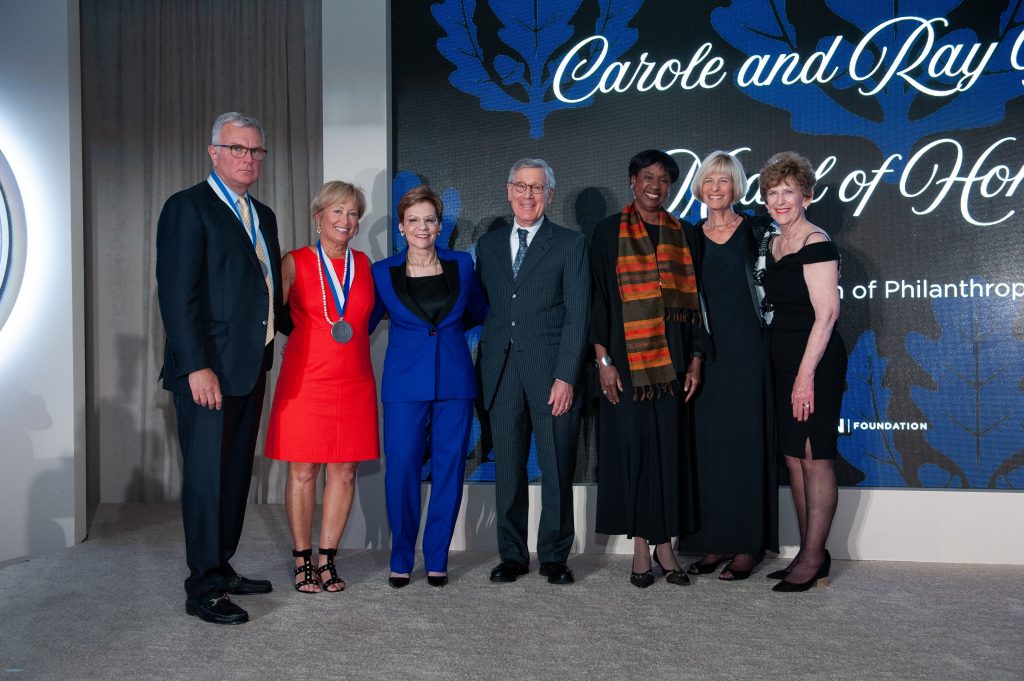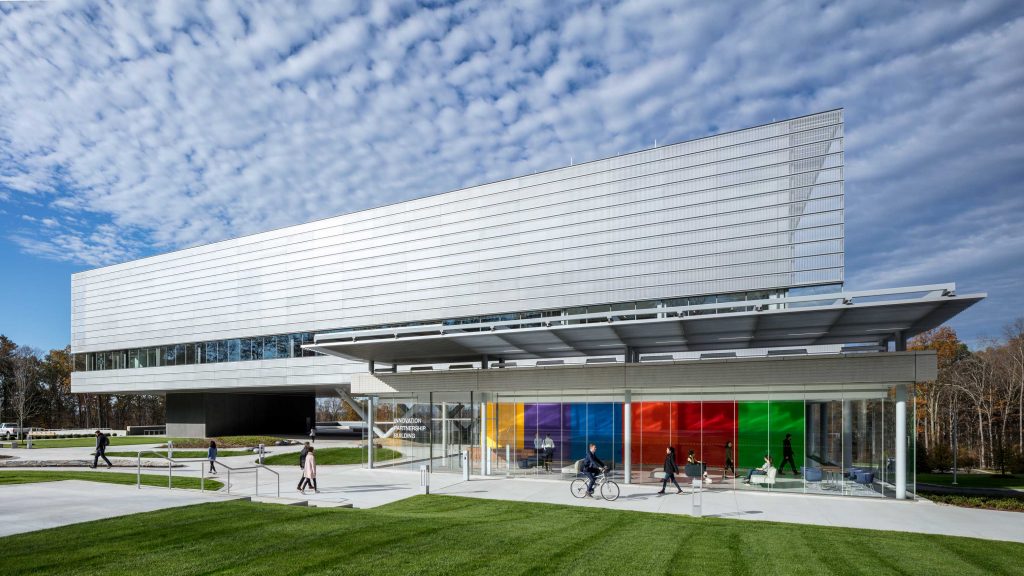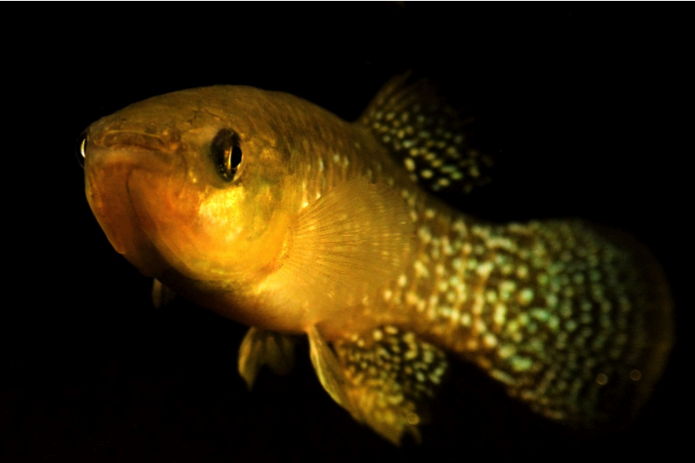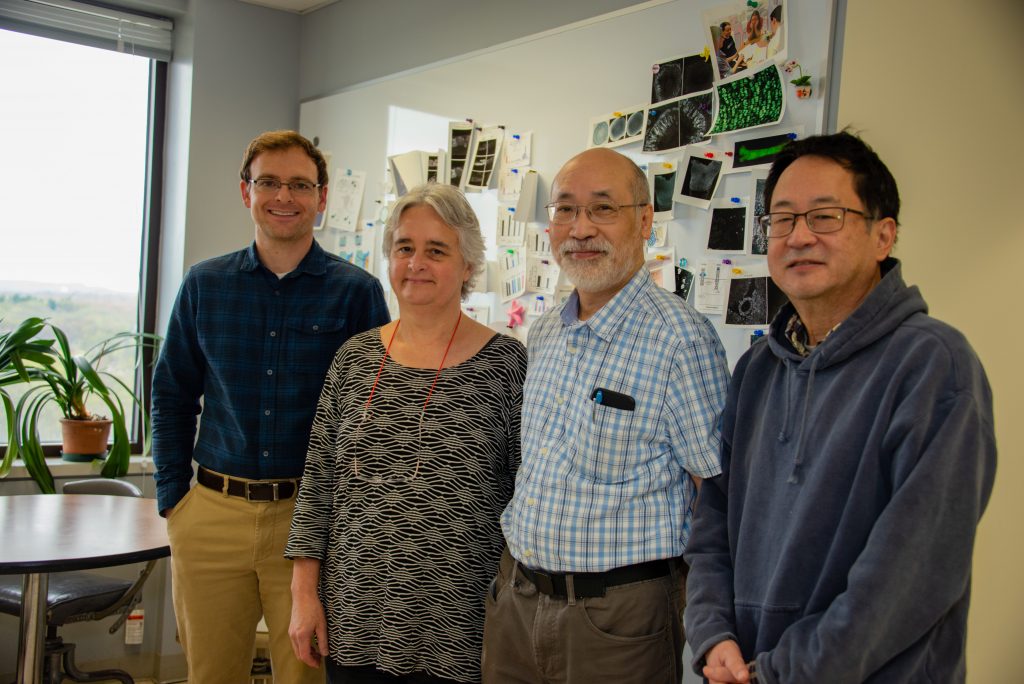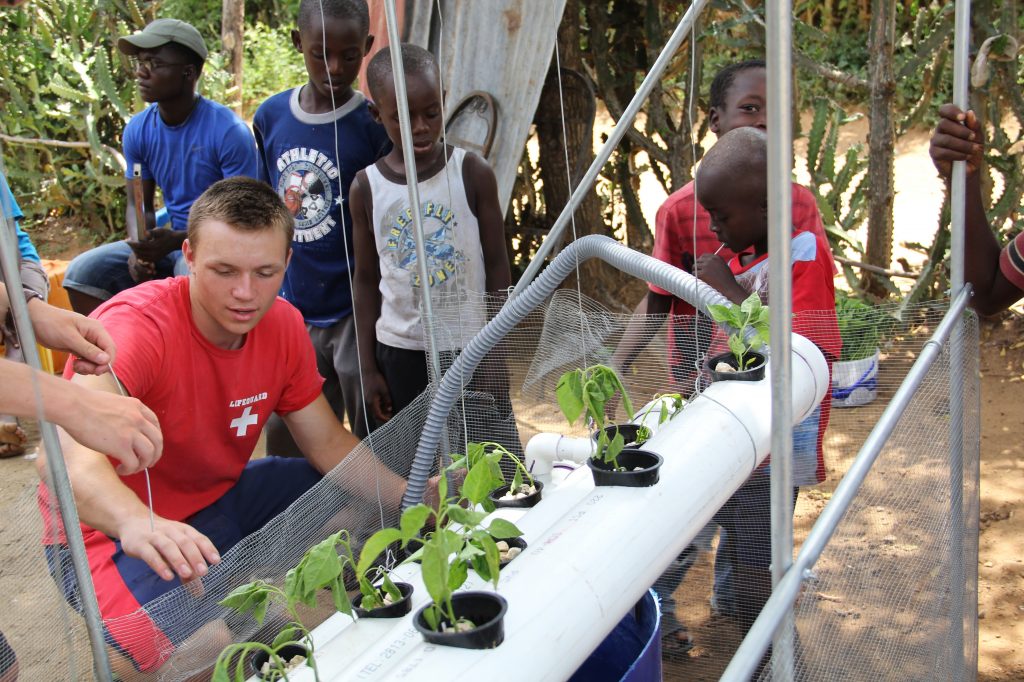Research & Discovery
A Different Kind of War Memory
Personal memories of war should be taken more seriously in public exhibits pertaining to American wars, says a UConn political scientist in her new book.
May 23, 2019 | Christine Buckley
Marine Knowledge is Power: Predicting Ocean Resources for Coastal Communities
With support from the National Center for Atmospheric Research (NCAR), UConn marine scientist Samantha Siedlecki is developing predictive models to help coastal communities plan for their vital marine resources in the face of big ocean changes in the coming decades.
May 22, 2019 | Jessica McBride, PhD
New 3D-Printed Technology Lowers Cost of Common Medical Test
'Anything that can be run by normal ELISA can be run by this, with the advantage of being less expensive, much faster, and accessible,' says UConn's Mohamed Sharafeldin.
May 22, 2019 | Jaclyn Severance
Neag Medal Recognizes Extraordinary Impact on Human Health
On May 18 UConn awarded The Carole and Ray Neag Medal of Honor for extraordinary contributions to the field of health sciences.
May 21, 2019 | Jennifer Huber
Advanced Electron Microscopy Center Tackles Real World Challenges in Materials Science
Located at UConn Tech Park, the InToEM center will provide unprecedented insight and will open up a world of research opportunities for climate change and green/clean technologies.
May 21, 2019 | Jessica McBride, PhD
Latino Health Paradox is a Laughing Matter
Latina mothers tend to laugh more and have more high-quality conversations compared to White European mothers, which may explain their good health, according to a new UConn study.
May 16, 2019 | Elaina Hancock
Cutting Words: Etiquette as a Tool of Exclusion
“The language has changed, the structure of the book has changed but in addition to that the underlying ideas of manners have shifted as well,” says UConn's Andrea Voyer.
May 15, 2019 | Kenneth Best
An Evolutionary Rescue in Polluted Waters
A new study shows how a species of fish in polluted waters was able to adapt to what would normally be lethal levels of toxins for most other species.
May 15, 2019 | Kat Kerlin, UC Davis
UConn Health Researchers Win $2.5M NIH MERIT Award
With a $2.5M MERIT grant from the NIH, professor of cell biology Laurinda Jaffe will lead a team of UConn Health researchers to better understand the physiological mechanisms that regulate the oocyte cell cycle and lead to fertilization.
May 14, 2019 | Anna Zarra Aldrich '20 (CLAS), Office of the Vice President for Research
Homegrown Hydroponics Project Spreads Around the World
Hydroponics greenhouses engineered by Christian Heiden '20 (ENG) are now in Connecticut and Haiti, with more planned.
May 14, 2019 | Mike Enright '88 (CLAS), University Communications



